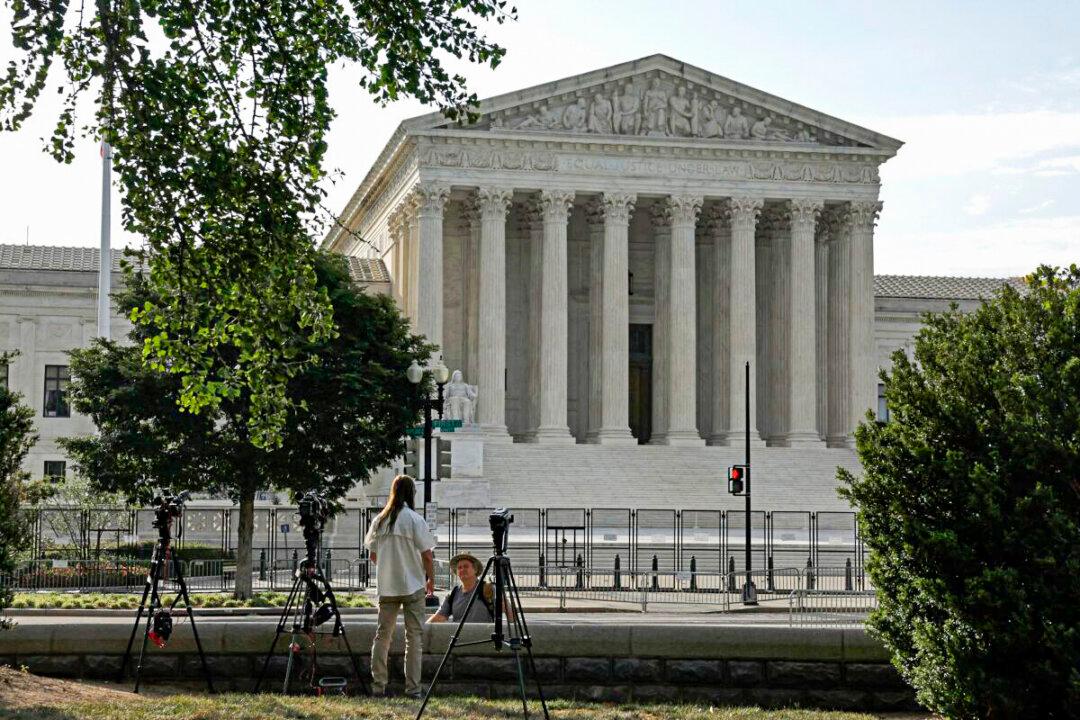A majority of Democrats want to abolish the Supreme Court, according to a new survey.
A total of 53 percent of Democratic respondents to a Rasmussen Reports poll said they would favor legislation that would terminate the court and replace it with “a new, democratically elected” court “with justices chosen by the American people.”





